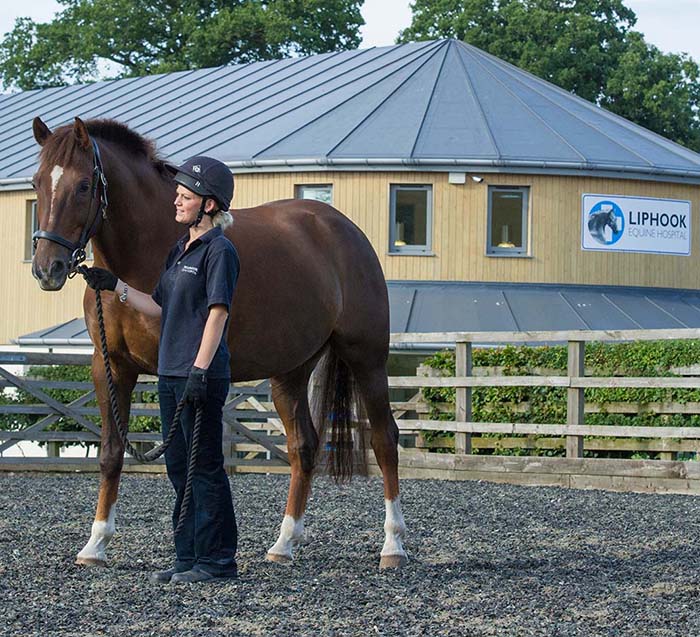General information
Skin scrapings and hair plucks are examined microscopically for the presence of ectoparasites and dermatophytes. Samples should be taken from fresh skin lesions.
If there are large skin lesions it can be helpful to sample the leading edge, or edges, of the lesion. The samples should be placed in a sterile universal container for submission to the laboratory. Fungal culture can also be performed on these samples.
Microbiological culture may be considered as part of an investigation of skin disease, particularly with exudative or painful skin lesions. In these cases swabs may be collected from the underside of undisturbed scabs, to maximise identification of potential pathogens.
Dermatophyte PCR
Dermatophytosis (ringworm) is one of the most common skin diseases presenting to us in equine practice and carries a risk of contagion to as well as being unsightly, and potentially responsible for preventing competition/racing of affected horses. Some ringworm skin lesions are almost pathognomonic with multifocal papular folliculitis, with surrounding alopecic scaling patches. However, ringworm can present as almost any other skin disease in horses and it can be a real challenge to make a clinical diagnosis. Sometimes it might be possible to visualise ringworm spores in the hair shafts via microscopy, but a negative result does not adequately rule out an infection. Additionally, dermatophytes are slow growing in culture, and so a negative result by culture may take 2-3 weeks to achieve. There has been a genuine practical need for an accurate and rapid diagnostic test for ringworm.
Liphook Equine Hospital Laboratory is the only Laboratory internationally to be offering a highly sensitive and specific dermatophyte qPCR designed to detect all dermatophyte species known to affect horses. These include Trichophyton sp, Microsporum sp and Arthroderma sp. We run this assay daily, so vets can get a same day result for skin and hair samples from suspicious cases. We hope this will be the answer to that important need for an accurate and rapid diagnostic tests for ringworm.
For more information on the dermatophyte qPCR, please feel free to contact one of our medicine specialists – Andy, Victoria and Jamie.
For itchy horses, with suspected skin allergy here’s a useful guide to investigations:





